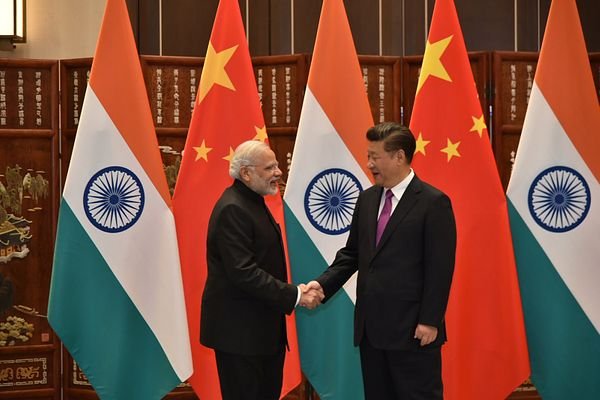Editorial
India’s persistent strategic anxiety about China is once again resurfacing, this time with deeper geopolitical implications for South Asia. As documented in Ram Udhav’s Uneasy Neighbours (2014), India’s paranoia about Chinese encirclement—rooted in both ideology and history—continues to shape its defence and foreign policy. From Vallabhbhai Patel’s 1950 warning about China’s hidden imperialist ambitions to the humiliating 1962 war in Arunachal Pradesh, Indian leadership has long feared Beijing’s growing reach.
Today, India’s nightmare has materialised in the strong and evolving China-Pakistan alliance. China’s support for Pakistan is not transactional; it is strategic and consistent. Whether through the China-Pakistan Economic Corridor or defence cooperation, Beijing’s alignment with Islamabad remains “uninterrupted and uninterruptible.” As India scrambles to upgrade its military and cyber capabilities, fears grow that China could provide Pakistan with fifth-generation fighter jets, access to hundreds of surveillance satellites, and advanced naval systems—all without financial burden to Islamabad. For China, as the Soviets once did with Cuba, the cost is not economic but strategic.
In contrast, India continues to receive weaponry that often comes with political strings, while Pakistan benefits from China’s unconditional support. For Beijing, India is not just a rival—it’s a strategic target.
Domestically, India’s leadership mirrors Israel’s in rhetoric and strategy. Prime Minister Modi, like Netanyahu, is accused of politicising violence and militarism for electoral gain. Former ministers and opposition leaders warn against warmongering for votes. Modi’s fiery statements are theatrics aimed more at TV cameras than national security.
Globally, as war budgets balloon and religious figures plead for peace, the contrast between rhetoric and reality becomes starker. Meanwhile, the world’s ‘divisions in heaven’ continue to grow—populated by the casualties of unchecked power and unresolved conflicts.
















